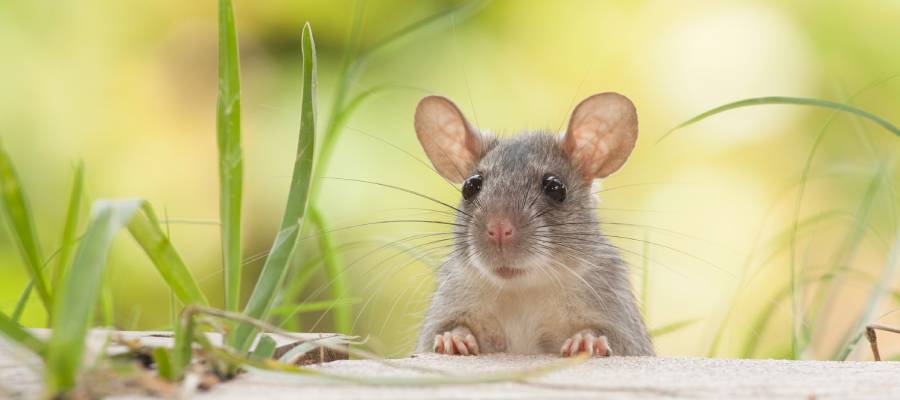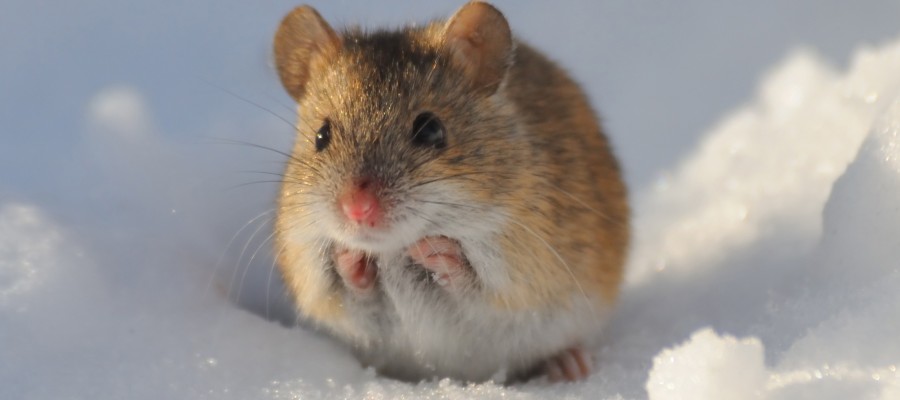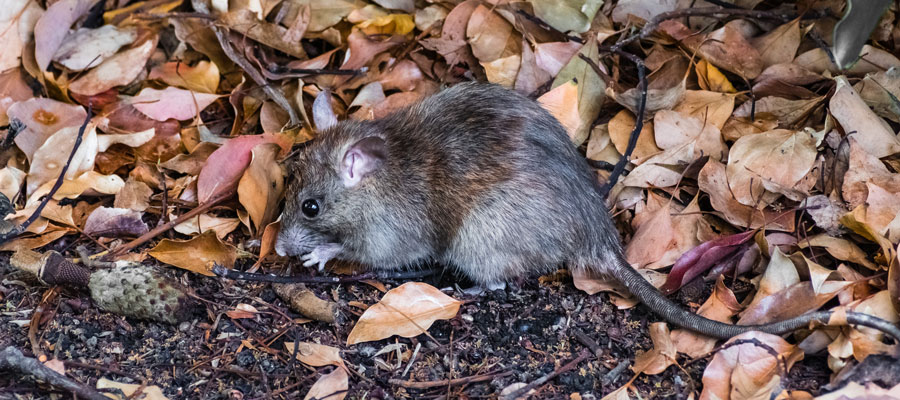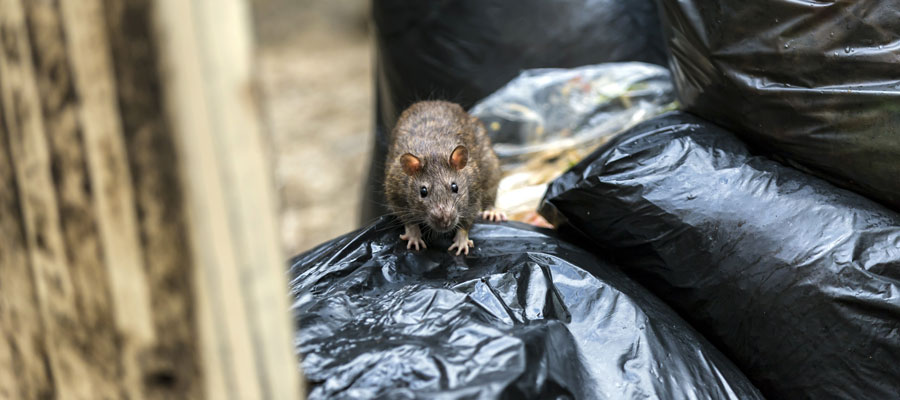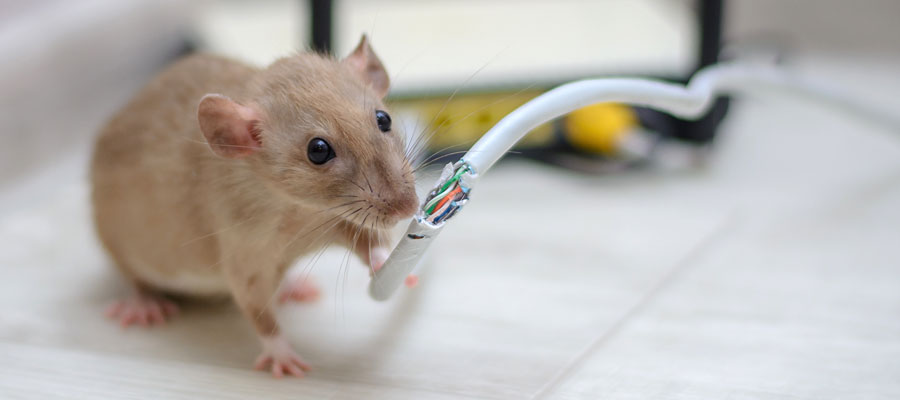Rodents can be a severe nuisance and a health hazard for you and your family. They can damage your property, contaminate your food, and carry diseases. If there are rodents in your yard, it’s important to act immediately before they take the opportunity to enter your home.
Signs of Rodents in Your Yard
Before you seek treatment for rats or mice in the yard, you have to determine if they’ve nested on your property to begin with. So how can you tell if your yard has rodents? Here are some of the main signs to look out for:
- Rodent droppings.
- Holes and tunnels in the ground where rats or mice can hide and nest.
- Gnaw marks on fences, furniture, plants, or structures.
- Footprints and tail marks in the soil or snow. You may see them along walls, fences, or pathways.
- Squeaking, scratching, or scurrying noises at night. You may hear them in your attic, walls, or basement.
Types of Rodents in Your Yard
There are a variety of different rodents that may find their way inside your property and home. Luck for us, only two varieties in Iowa are known for invading from the yard. This would be the house mouse and the Norway rat. Let’s talk more about both species below:
- House mouse: The house mouse is a small rodent with gray-brown fur and a pointed snout. It can go as big as three inches long and 0.8 ounces heavy. House mice feed on seeds, grains, fruits, and insects, and can enter your house through gaps as small as a dime.
- Norway rat: The Norway rat is a large rodent that has brown-black fur and a blunt snout. It can get as big as 10 inches long and as heavy as 18 ounces. A Norway rat can enter your house through gaps as large as a quarter, where it’ll look for garbage, meat, grains, and fruits to feed on.
How to Prevent Rodents From Moving Into Your House
It’s never too early to take the right steps towards keeping rodents away from your yard. And by taking proactive action, you can save yourself the bill and hassle of a pest control treatment. To keep rats and mice off your property, you can:
- Seal any gaps or holes around your house that rodents can use to enter.
- Keep your trash cans tightly closed and away from the perimeter of your house.
- Dispose of garbage regularly and do not leave food scraps outside.
- Trim back any bushes or shrubs that touch the side of your house.
- Store firewood above the ground and at least 20 feet away from your home.
- Remove any clutter or debris from your yard that rodents can use as a shelter or nesting material.
Get Professional Help for Rodent Removal
If you already have rats or mice in your yard, you want to seek professional extermination services while the problem is still manageable. A licensed pest control company can inspect your property, identify the type and source of rodents, and apply the best treatment methods.
Springer Professional Home Services is one of the best pest control companies that offer rodent removal in Central Iowa. They have been serving the area since 1989 and have the experience and expertise to handle any rodent problem. So if you find yourself playing landlord to a crowd of furry, beady-eyed tenants, contact us today and find your peace of mind.

